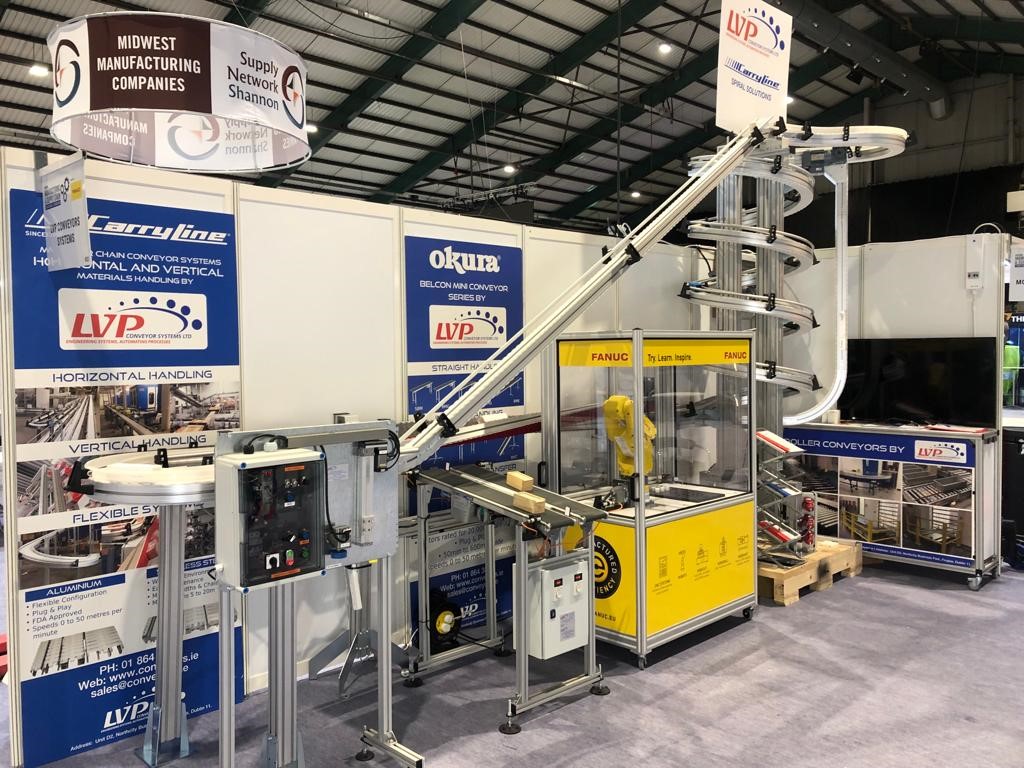In an era where the need for environmental sustainability is more critical than ever, industries worldwide are seeking innovative solutions to reduce their environmental footprint. Factory automation, a technology-driven approach to manufacturing, has emerged as a powerful ally in the pursuit of sustainability goals. In this guide, we will explore how the combination of environmental sustainability and factory automation can create a winning synergy.
The Urgent Need for Environmental Sustainability
Before delving into the role of factory automation in promoting sustainability, let’s briefly address the pressing need for environmental sustainability. Climate change, resource depletion, and environmental degradation are global challenges that demand immediate attention and action.
The United Kingdom has recognised the gravity of these issues and has set ambitious targets to achieve net-zero greenhouse gas emissions by 2050. This commitment highlights the country’s determination to mitigate climate change and protect the environment.
The Role of Factory Automation in Environmental Sustainability
Factory automation involves the use of advanced technologies such as robotics, artificial intelligence and the Internet of Things to streamline and optimise manufacturing processes. While its primary goal is to enhance efficiency and productivity, factory automation also has a substantial impact on sustainability in several ways.
- Reduced Energy Consumption
One of the most significant contributions of factory automation to environmental sustainability is the reduction in energy consumption. Automated systems are designed to operate efficiently, minimising energy wastage. Machines can be programmed to power down during idle periods and operate at optimal levels, reducing overall energy consumption in manufacturing plants.
- Waste Reduction
Factory automation enables precise control over production processes, leading to a significant reduction in material wastage. Automated systems can consistently produce high-quality products with minimal defects, thereby reducing the need for rework and the generation of waste. This not only saves resources but also lowers disposal costs and environmental impact.
- Improved Resource Management
Efficient resource management is crucial for sustainability. Automation systems can monitor and optimise the use of raw materials, water, and other resources in real-time. This leads to a more judicious utilisation of resources, reducing the strain on the environment.
- Lower Emissions
Traditional manufacturing processes often involve the use of fossil fuels, leading to the emission of greenhouse gases. Factory automation can help transition to cleaner energy sources and reduce emissions. For example, automated electric vehicles are being increasingly used in material handling within manufacturing facilities, eliminating the emissions associated with traditional forklifts.
- Enhanced Data Analytics
Data is a powerful tool in environmental sustainability efforts. Factory automation systems generate vast amounts of data that can be analysed to identify inefficiencies, optimise processes, and make informed decisions. This data-driven approach can lead to more sustainable practices and reduce the environmental impact of manufacturing.
Challenges and Considerations
While the synergy between environmental sustainability and factory automation is promising, it is essential to acknowledge the challenges and considerations associated with this approach including the initial investment itself. Implementing automation systems can require a significant initial investment. However, the long-term benefits, including cost savings and sustainability gains, often outweigh the upfront costs.
Then, there is the workforce transition. Automation may lead to changes in the workforce, with some traditional roles being replaced by automated systems. Ensuring a smooth transition for employees and providing opportunities for reskilling is crucial.
Also, there are the imminent technological advancements. Technology is continually evolving, and staying up-to-date with the latest advancements is essential for maximising the benefits of factory automation. This includes embracing sustainable technologies and practices as they emerge.
In conclusion, the combination of environmental sustainability and factory automation represents a winning strategy for industries in Ireland and globally. By embracing automation technologies, businesses can reduce energy consumption, minimise waste, lower emissions, and enhance resource management. These efforts not only contribute to a more sustainable future but also align with Ireland’s commitment to reducing emissions by 51% by 2030.
With that being said, if you are ready to invest in factory automation systems that also take into consideration environmental sustainability, then head over to the LVP Conveyor Systems website now or get in touch with our experts by phone on + 353 (1) 8643838, by email at [email protected] or via our online contact form and we will be happy to guide you through the process of securing your desired factory automation solution.

